Taller Toe Kick a must for accessible kitchen?
lookintomyeyes83
9 years ago
Featured Answer
Comments (10)
sushipup1
9 years agosjhockeyfan325
9 years agoRelated Professionals
Arlington Kitchen & Bathroom Designers · Bloomington Kitchen & Bathroom Designers · Haslett Kitchen & Bathroom Designers · Lockport Kitchen & Bathroom Designers · Redmond Kitchen & Bathroom Designers · Roselle Kitchen & Bathroom Designers · Salmon Creek Kitchen & Bathroom Designers · 20781 Kitchen & Bathroom Remodelers · Lyons Kitchen & Bathroom Remodelers · Princeton Kitchen & Bathroom Remodelers · Lockport Cabinets & Cabinetry · Middletown Cabinets & Cabinetry · South Riding Cabinets & Cabinetry · Niceville Tile and Stone Contractors · Roxbury Crossing Tile and Stone ContractorsJoseph Corlett, LLC
9 years agolookintomyeyes83
9 years agogyr_falcon
9 years agorosiew
9 years agolazy_gardens
9 years agopalimpsest
9 years agolive_wire_oak
9 years ago
Related Stories
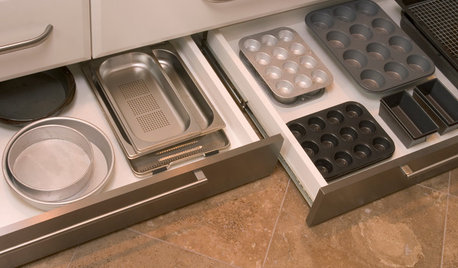
GREAT HOME PROJECTSHow to Add Toe Kick Drawers for More Storage
Great project: Install low-lying drawers in your kitchen or bath to hold step stools, pet bowls, linens and more
Full Story
KITCHEN DESIGNThe Kitchen Storage Space That Hides at Floor Level
Cabinet toe kicks can cleverly house a bank of wide drawers — or be dressed up to add a flourish to your kitchen design
Full Story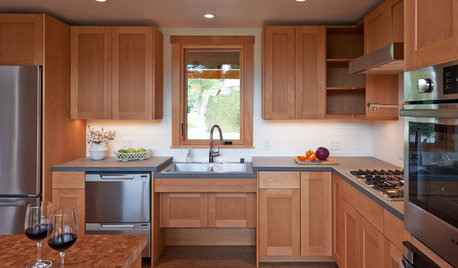
UNIVERSAL DESIGNKitchen of the Week: Good Looking and Accessible to All
Universal design features and sustainable products create a beautiful, user-friendly kitchen that works for a homeowner on wheels
Full Story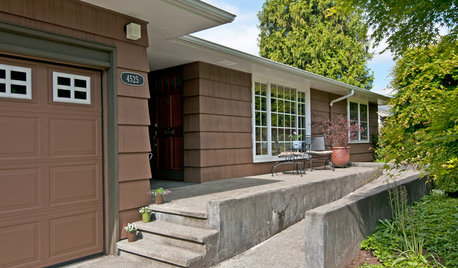
HOUZZ TOURSMy Houzz: A Seattle Remodel Offers Accessibility
Access for legs and wheels was the priority in this Washington state home's renovation, but universal design doesn't mean less style
Full Story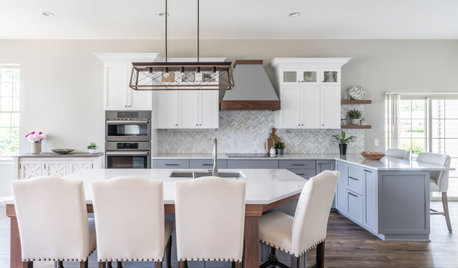
KITCHEN DESIGN10 Ways to Design a Kitchen for Aging in Place
Design choices that prevent stooping, reaching and falling help keep the space safe and accessible as you get older
Full Story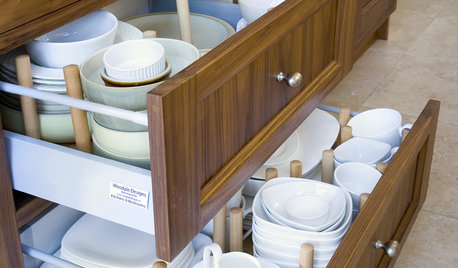
UNIVERSAL DESIGNKitchen Cabinet Fittings With Universal Design in Mind
These ingenious cabinet accessories have a lot on their plate, making accessing dishes, food items and cooking tools easier for all
Full Story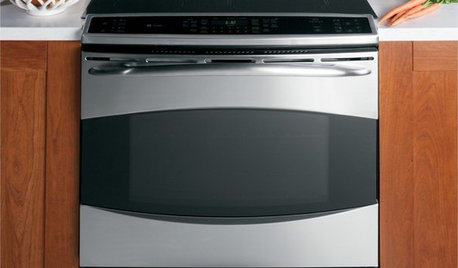
KITCHEN DESIGNHow to Choose Kitchen Appliances for Universal Design
Accessibility and safety features for kitchen appliances let everyone in on the cooking fun
Full Story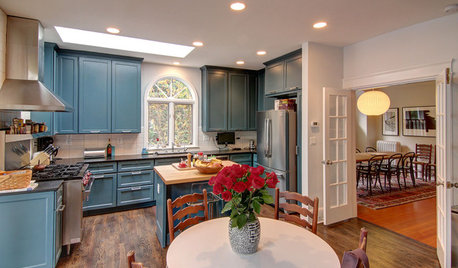
KITCHEN DESIGNOptimal Space Planning for Universal Design in the Kitchen
Let everyone in on the cooking act with an accessible kitchen layout and features that fit all ages and abilities
Full Story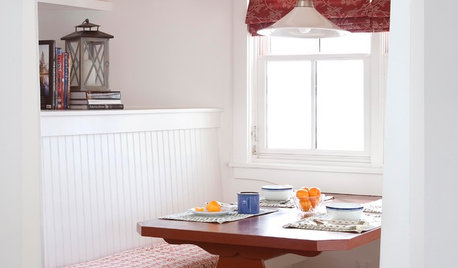
KITCHEN DESIGNKitchen Banquettes: Explaining the Buffet of Options
We dish up info on all your choices — shapes, materials, storage types — so you can choose the banquette that suits your kitchen best
Full Story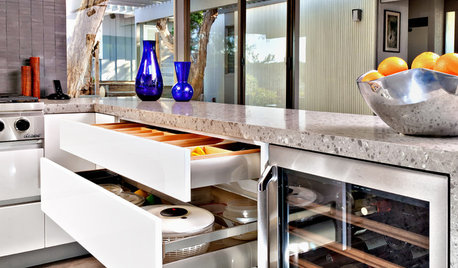
KITCHEN CABINETS9 Ways to Configure Your Cabinets for Comfort
Make your kitchen cabinets a joy to use with these ideas for depth, height and door style — or no door at all
Full StoryMore Discussions






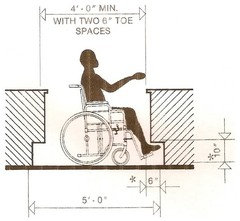

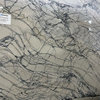

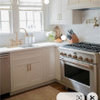
live_wire_oak